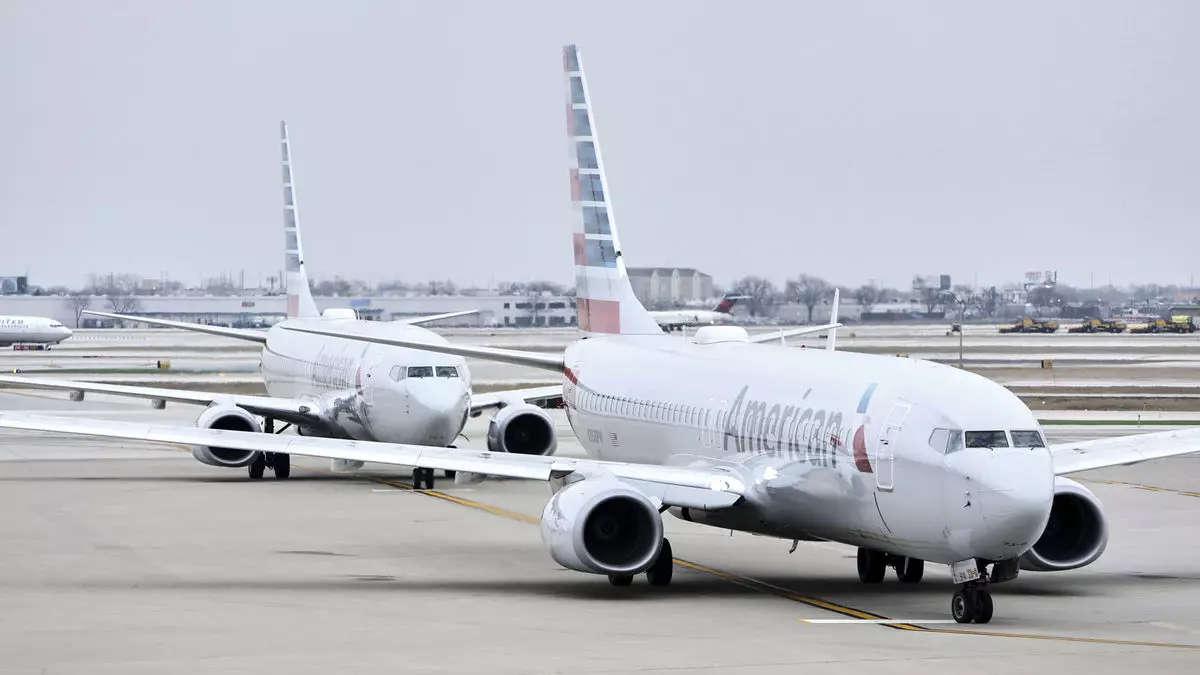In an era where air travel can often feel cumbersome and fraught with delays, the U.S. Customs and Border Protection (CBP) has initiated a strategic move that promises to redefine the experience for international travelers. The Remote Baggage Screening initiative, which begins with American Airlines flights from Sydney to Los Angeles, represents a substantial progression in streamlining the connection process for inbound passengers. By allowing checked luggage to be x-rayed in the country of origin, the initiative alleviates the tedious task of reclaiming and rechecking bags upon arrival—an aspect that many frequent flyers regard as one of the greater inconveniences in international travel.
How It Works: Safety Meets Efficiency
Travelers can appreciate the thoughtfulness behind the Remote Baggage Screening initiative. Prior to landing, CBP will review x-ray images of checked baggage collected in Sydney, ensuring safety without forcing travelers to undergo the often exasperating process of luggage retrieval and re-screening in Los Angeles. While passengers will still need to navigate security checks at LAX, this program significantly lowers the burden on international flyers, allowing for a more seamless transition to their final destinations.
It’s essential to recognize that such initiatives do not compromise security. Rather, they embody a strategic approach to risk management in an increasingly global world. The U.S. has consistently strived to enhance security measures at airports, and with this initiative, the CBP illustrates its commitment to expediting travel while upholding rigorous standards.
Broader Implications for the Aviation Industry
The Remote Baggage Screening initiative is not merely a new service but a reflection of shifting paradigms within the aviation industry—one that recognizes the necessity of innovation to enhance passenger flow and satisfaction. As travel restrictions ebb and the world inches toward a pre-pandemic normalcy, there is an urgent need for solutions that enhance the overall travel experience. By providing a streamlined approach to baggage handling, the CBP demonstrates awareness of the evolving needs of travelers, thereby setting the stage for potentially broader applications in the future.
Moreover, this initiative positions the U.S. as a leader in the international aviation sector, promoting efficiency at its borders while remaining vigilant in security protocols. As the program is slated to expand to additional routes and airlines, it could inspire other nations to rethink their baggage handling processes, fostering a global standard that prioritizes both safety and customer experience.
Engaging in Strategic Partnerships
The initiative represents a vital collaboration among airlines, security entities, and government agencies. By working together, these stakeholders can pave the way for continued innovation in air travel. Unlike previous programs, such as the One-stop Security initiative launched between Dallas/Fort Worth and London Heathrow, the Remote Baggage Screening initiative emphasizes the importance of enhancing passenger flow specifically for inbound international travelers.
As the aviation industry contemplates the future, it must embrace programs like Remote Baggage Screening. In doing so, it invites a renaissance of international travel, one that flees from baggage-related frustrations and propels travelers towards a more enjoyable flying experience. The initial pilot of this policy could mark the beginning of a transformative era in air travel, allowing travelers to spend less time worrying about their luggage and more time focusing on their journey.


Leave a Reply